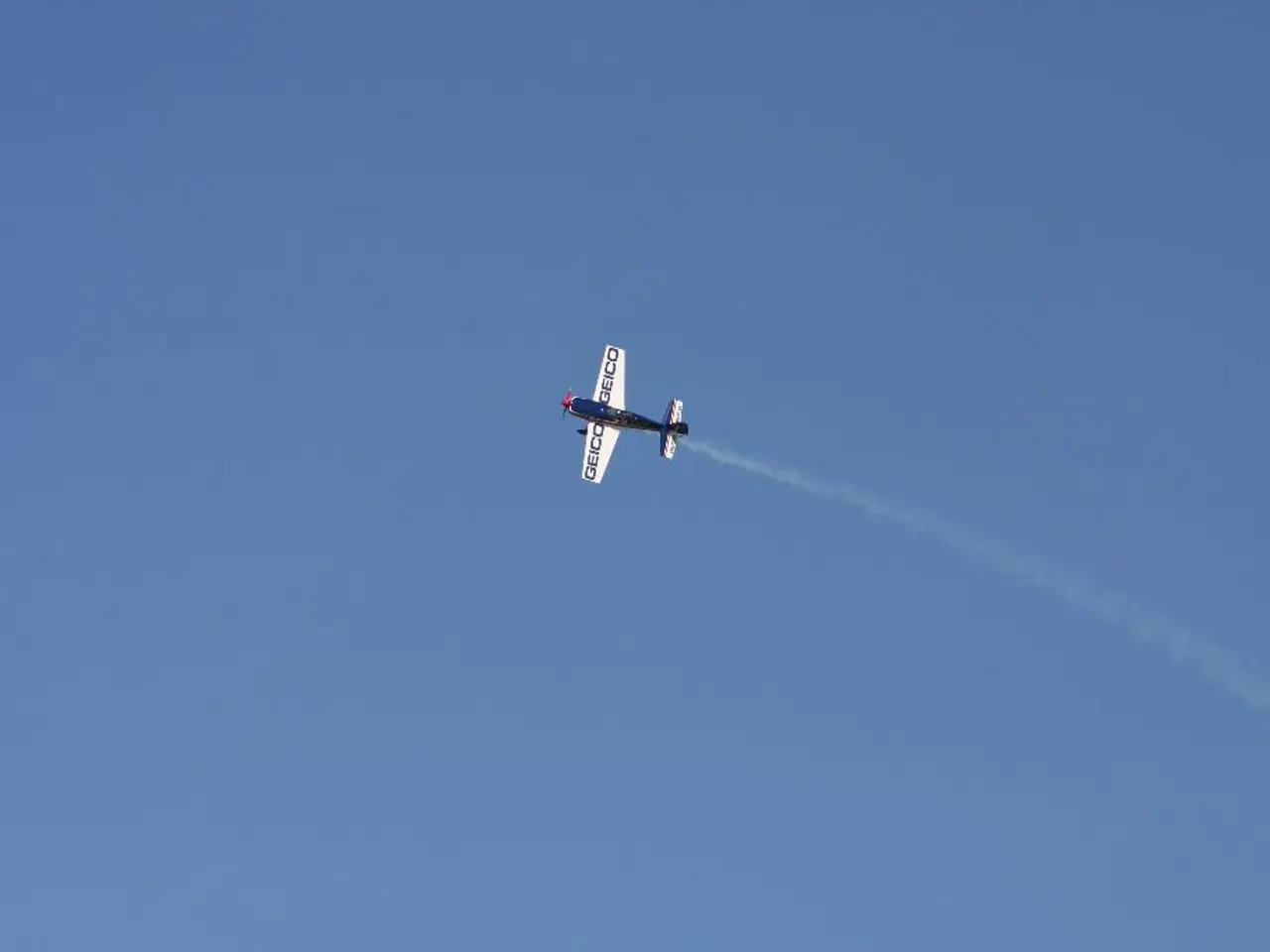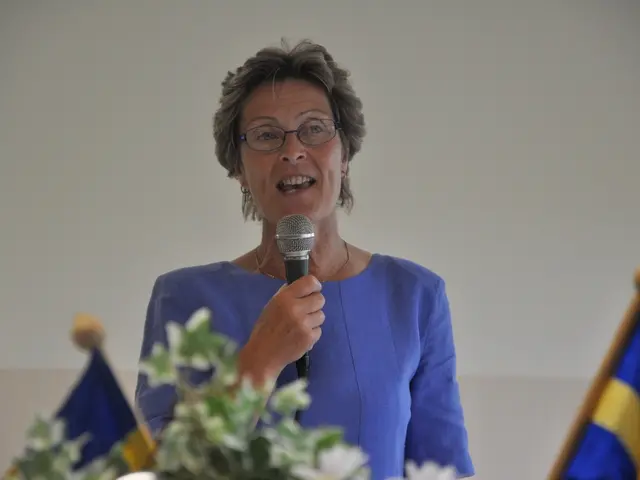Russian aircrafts breech Estonian airspace, prompting Estonia's protest.
In an unprecedented move, three Russian MiG-31 fighter-bombers violated Estonia's airspace in the Gulf of Finland on Friday, marking the third such violation of European airspace by Russian military aircraft in recent days. This incident, deemed an 'extremely dangerous provocation,' has prompted swift action from the European Union (EU) and NATO.
Estonian Foreign Minister Margus Tsahkna denounced the incident as brazen, stating that the repeated tests of Estonia's border defenses by Russia and its growing aggressiveness require a swift increase in political and economic pressure. In response, the European Commission has presented a proposal for a new round of sanctions against the Putin regime.
The proposal, in response to the increasing threats from Russia, includes measures against banks that have been collaborating to evade the existing sanctions, as well as cryptocurrency operators for the first time. The aim is to accelerate the ban on liquefied natural gas (LNG) purchases until January 1, 2027, and to target Moscow's 'ghost fleet' for trading in fossil fuels.
NATO responded to the airspace violation with a squadron of Italian F-35 fighters. The EU's High Representative for Foreign Policy, Kaja Kallas, described the Russian fighter incursion into Estonian airspace as an 'extremely dangerous provocation.' Kaja Kallas, who is also the Prime Minister of Estonia, has stated that the EU fully stands with Estonia and will continue to support its member states in reinforcing their defenses with European resources.
European leaders have assured their support for Estonia in the face of Russia's latest violation of its airspace. European Council President António Costa has confirmed this discussion, and the European Union's heads of state and government will discuss a collective response to Russian violations of European airspace at their meeting on October 1 in Copenhagen. The meeting aims to address these provocations and strengthen Europe's eastern flank.
Kaja Kallas is in constant contact with Estonian authorities regarding the incident. The intrusion lasted for a total of 12 minutes. German conservative leader has stated, 'As threats increase, so will our pressure.'
In the wake of this incident, it is clear that the EU is committed to standing up to Russian aggression and protecting its member states. The collective response in Copenhagen on October 1 will be a significant step in this ongoing effort.
Read also:
- United States tariffs pose a threat to India, necessitating the recruitment of adept negotiators or strategists, similar to those who had influenced Trump's decisions.
- Weekly happenings in the German Federal Parliament (Bundestag)
- Southwest region's most popular posts, accompanied by an inquiry:
- Discussion between Putin and Trump in Alaska could potentially overshadow Ukraine's concerns








